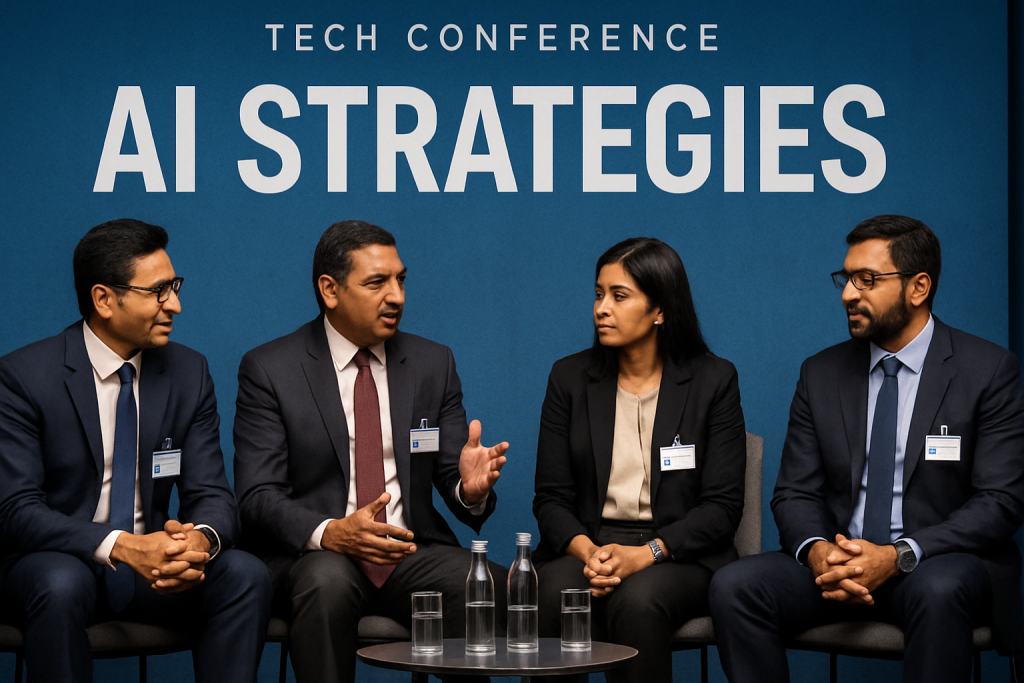India’s tech capital Bengaluru ranked 26th in the 2025 Global AI Cities Index, according to Counterpoint Research. No Indian city made it to the top 20 rankings. This signals an urgent need for infrastructure investment across the country.
Singapore topped the global list, followed by Seoul, Beijing, Dubai, and San Francisco. The rankings evaluated over 5,000 AI initiatives across public and private sectors. Communication infrastructure, university research output, and startup ecosystem maturity were key factors.
Among Indian cities, Bengaluru led at the 26th position globally. Mumbai, Delhi, Chennai, and Kolkata followed in that order, as reported by Fortune India.
“Although no Indian cities have breached the top 15 rankings, there are several cities that are rising in the rankings. Bengaluru, for example, has established itself as a global AI R&D and datacentre hub which is certainly a city to watch. More investment in physical infrastructure is needed across the country,” Tarun Pathak, research director at Counterpoint Research, told Fortune India.
Pathak noted that Bengaluru is emerging as a key hub for AI research and innovation. Several homegrown ventures are drawing significant foreign investment. The Karnataka government has integrated AI into traffic control, public safety, and urban planning.
The report highlighted telecom infrastructure’s critical role in AI-first cities. Airtel blocks one million spammers daily in Delhi, according to the study. Both fixed and wireless networks support AI deployment.
“Mumbai and Delhi are also using AI creatively in terms of traffic management and public security and should rise in the rankings,” Pathak added.
However, the overall pace of adoption remains uneven across India. A more cohesive national strategy with clear regulations is still needed, according to industry observers.
The market intelligence firm expects India’s ‘Big Four’ cities – Bengaluru, Mumbai, Delhi and Chennai – to rise in global rankings only when physical infrastructure improves.
Several Indian cities are rising quickly in the rankings, as reported by Ahmedabad Mirror. Bengaluru, along with Riyadh, Hangzhou, and São Paulo, are among the fastest-growing AI cities worldwide.
Local administrations are discovering creative methods to use AI for traffic management and public safety. But Indian cities would benefit from a stronger roadmap and regulatory environment, the report noted.
Singapore’s success came from a vibrant startup ecosystem and strong public-private partnerships in healthcare, transportation and telecommunications. Seoul excelled in implementing AI in healthcare and education verticals.
Beijing announced formal AI education training for all primary and secondary school students starting in 2025. Due to investments in supercomputing, the gap between North America and China will narrow from next year onwards, according to the report.
Microsoft was the most active vendor, extending its AI data centre presence and conducting AI training. Google and Amazon followed suit, expanding their footprints along similar lines.
For Indian businesses, falling behind in this crucial area means missed opportunities for growth and innovation. The rankings reflect the competitive landscape of AI deployment globally.
Strategic partnerships between public and private sectors will be key to reshaping India’s future in the AI space. Coordinated efforts are essential for Indian cities to enhance their standings in the global AI landscape effectively.


